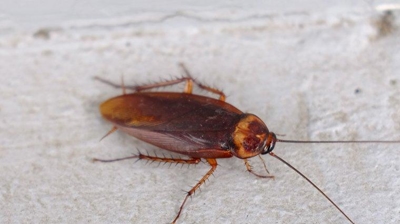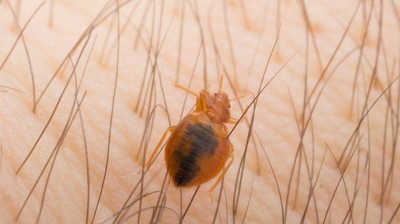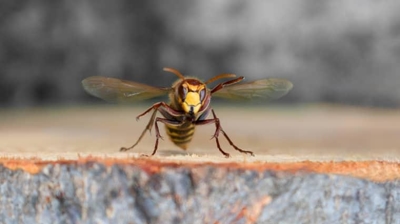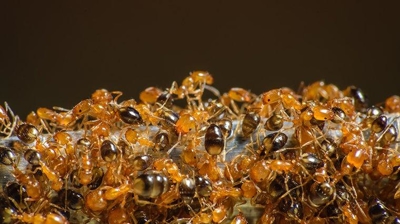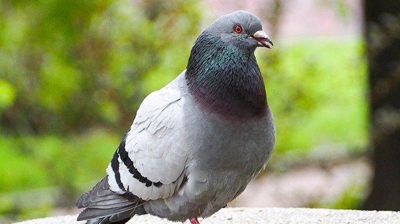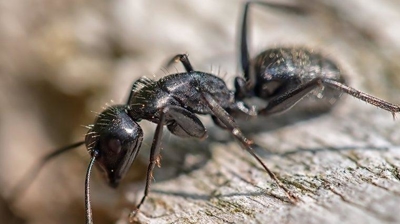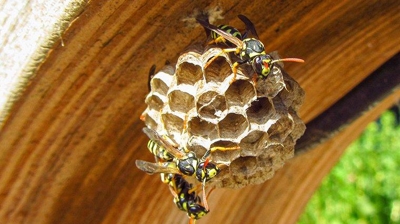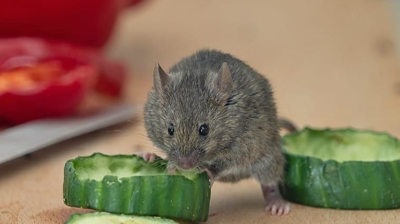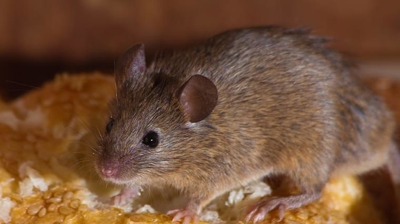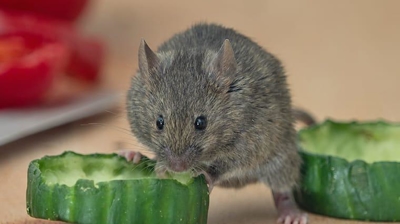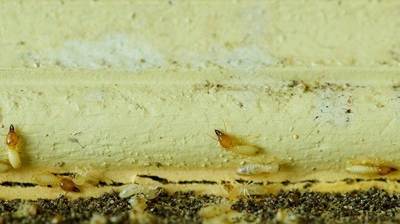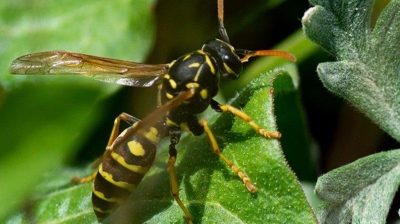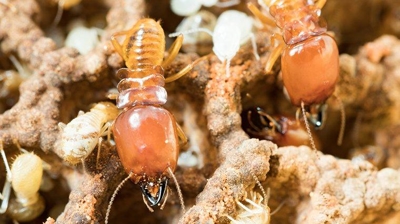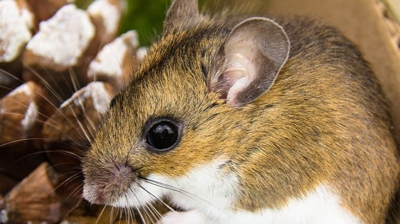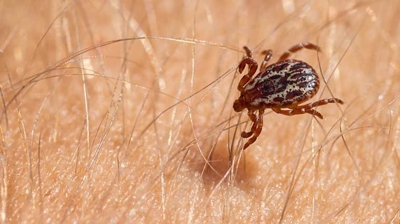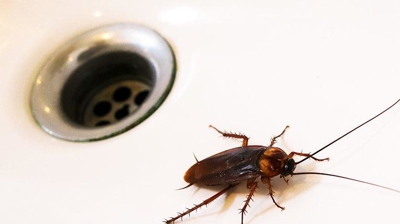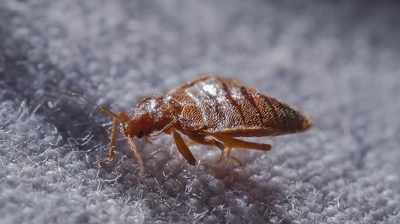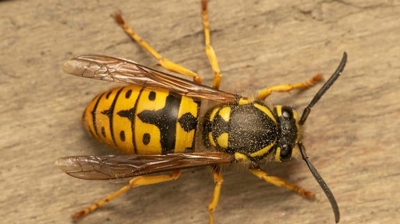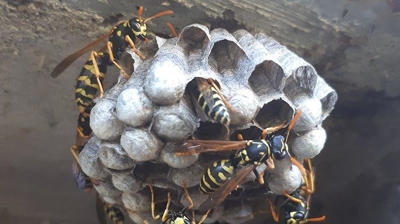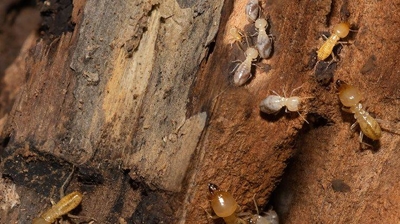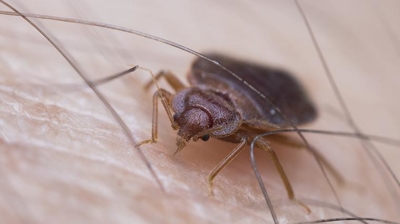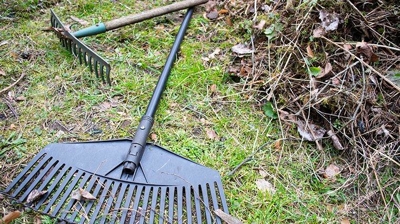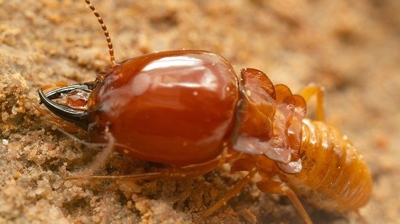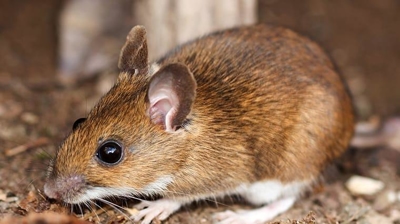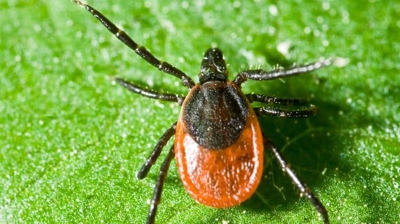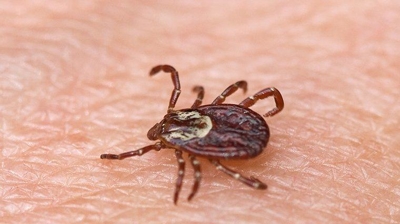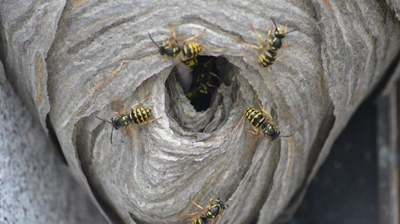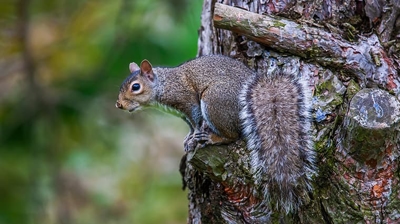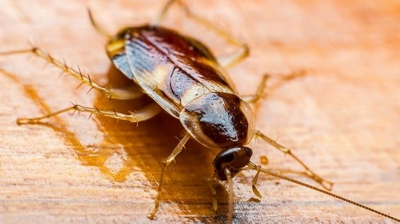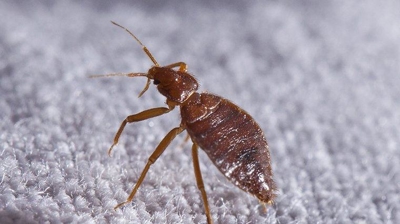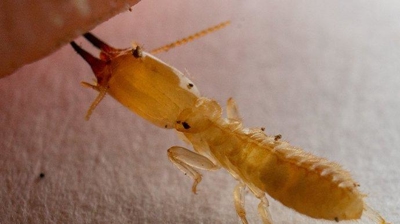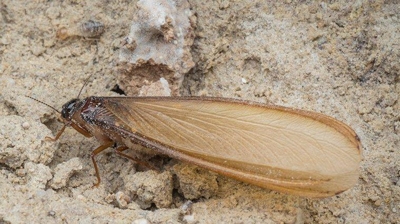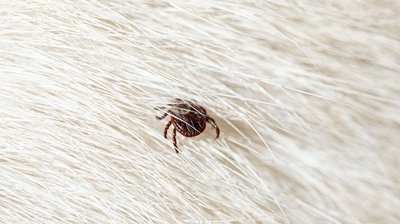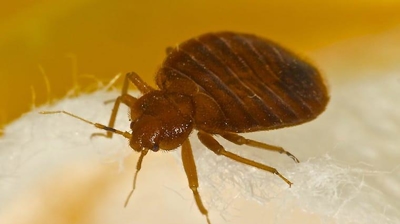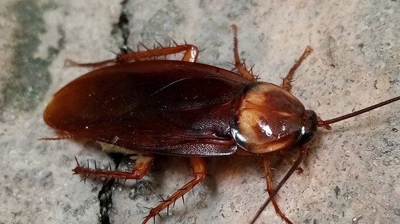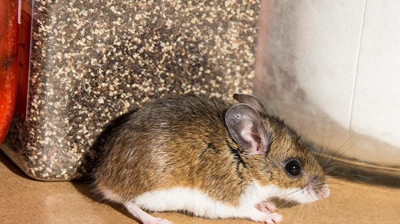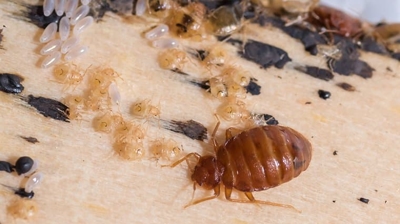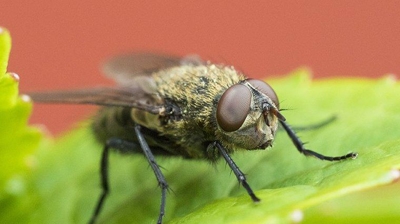
Field Mice Identification Guide
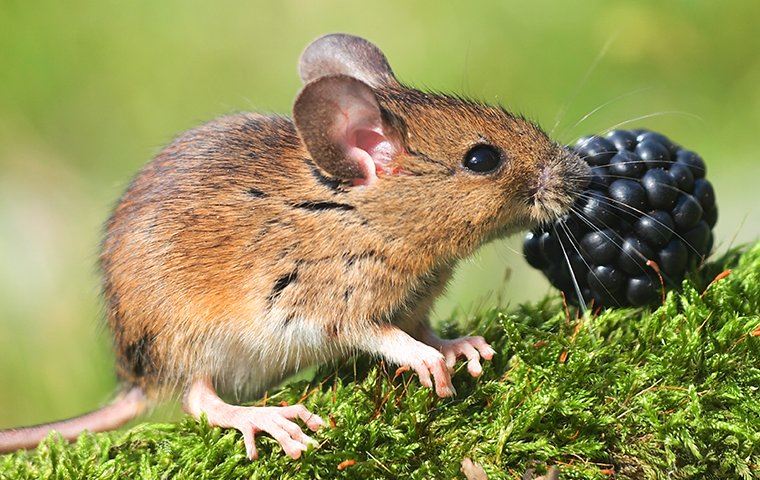
What are field mice?
Field mice are small rodents with beige, brown, or reddish-brown fur, with bodies around 4 inches long and tails that range from 2-3.5 inches in length. Field mice in New Haven are omnivorous rodents, eating seeds, young plants, buds, mushrooms, root vegetables and berries they come across. They also eat insects, snails, and earthworms.
Field mice are common across New England and mate at a high rate, so even a few inside your home can quickly turn into a serious infestation if you don’t take adequate steps to stop them.
Are field mice dangerous?
Like all rodents, mice can be host to a number for harmful diseases, and the presence of biological elements like their droppings, urine, and fur can lead to conditions that spread disease or cause allergic reactions in some people. Two notable viruses field mice carry include hantaviruses and Lyme disease.
Why do I have a mice problem?
Like most rodents, field mice are nocturnal. So even if you have an infestation, it's likely you won't see a mouse in the daytime. You may, however, notice signs of mice in your home such as droppings or rub marks on your walls or baseboards.
Like any other animal, field mice are constantly on the search for food, water, and a warm place to rest. These resources are all available in large quantities inside your home but, can be particularly appealing to mice in the winter months.
In the wild, field mice primarily sustain themselves on seeds that have fallen to the ground as well as small insects they can find. If you’ve left out food or made it easily available in your unsealed trash cans, don’t be surprised if field mice find a way into your home. They may even chew small holes to create additional entry points.
Where are field mice commonly found?
In the wild, field mice are natural burrowers, building nests inside plants and structures they come across. This often means inside hollow logs or dead trees, inside wood piles, and around piles of plant debris. Burrows are generally constructed under boards, brush, logs, or rocks the mice find in the wilderness. In the winter, field mice will create nests beneath the surface of snow.
Field mice are commonly found around homes after having caused damage and feeding on the roots and leaves of plants found nearby. When field mice come indoors, they are often found by observing the small runways they construct in the attic, basement, and crawl space(s).
If you have a field mouse infestation, you’ll likely be alerted to it through a number of indicators, including torn up insulation, scratching noises coming from inside the walls at night, and other insect infestations as a result of mice tirelessly hoarding food they find within your home.
How can I prevent field mice from getting into my home?
Unfortunately, in the winter months, almost every home will appeal to field mice looking for food, water, and shelter. However, you can mitigate your risk for field mice as much as possible by:
- Keeping garbage stored outdoors in sealed containers
- Cleaning up indoor spills immediately as they happen
- Keeping your home clean and vacuuming regularly
- Fixing any leaking pipes or other humidity problems in the home
- Cleaning dirty dishes after use or storing in the dishwasher
- Keeping food in sealed containers and refrigerated if possible, including pet food
- Keeping your yard free of clutter that mice could use to nest
- Installing metal screens on windows, doors, and on any exterior vents
- Inspecting your home’s exteriors for any holes and sealing up those you find
- Placing weatherstripping under doors and windows
- Sealing holes where wires, cables, or pipes enter the house
- Cutting back shrubs and trees so that they are well away from the exterior of the home
How do I get rid of field mice?
Removing mice from your home is not as simple as trapping all of the mice inside and removing them. There are a number of potential health hazards that come with a mouse infestation stemming from the things they leave behind in their nests, such as urine, droppings, and hair.
For the best results, don’t fight your rodent problem alone; trust the rodent exclusion experts at Connecticut Pest Elimination, Inc. to eliminate your rodent problem completely and sanitize your home against harmful elements the mice left behind. No matter what rodent your home may be facing, the residential and commercial pest experts at Connecticut Pest Elimination can help you take your home back and keep it protected for the future.

-
“10/10 Recommend!”
“Sean from CT Pest Solutions was absolutely amazing. He was kind, professional, helpful, and most importantly resolved our issue.”- Samantha T. -
“A+ Experience”
“Excellent follow-through!”- Tamara S. -
“Highly Recommend!”
“The tech was fabulous. He called me before he arrived and let me know when he was outside the yard.”- Kathryn S. -
“Great Work!”
“Tom was very thorough, and professional, and answered any questions I had.”- Nikki G. -
“Great Service”
“The technician Alex explained everything he was doing and how the process works. Very courteous, called ahead to let me know when he was coming.”- Satisfied Customer -
“Amazing Service!”
“Our Service from Drew was punctual, professional, honest, and polite!!”- Gretel M.
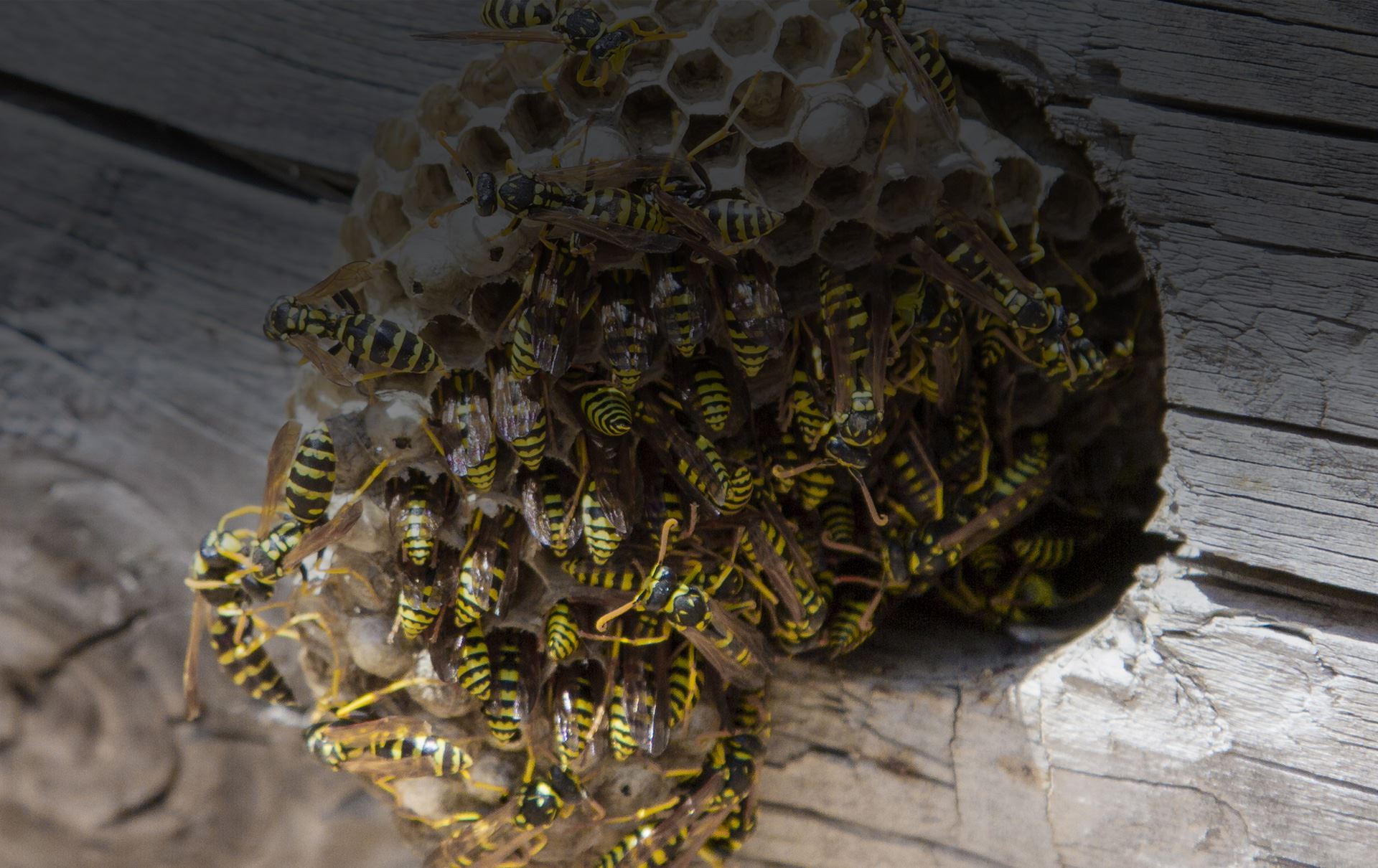
Stay in the Know!
Read Our Latest Blog Posts
-
 How Does The Cooler Weather Affect Pest Control In New Haven?Read More
How Does The Cooler Weather Affect Pest Control In New Haven?Read More -
 Why Carpenter Ants Invade New Haven HomesRead More
Why Carpenter Ants Invade New Haven HomesRead More -
 Has Wildlife Found Its Way Onto Your New Haven Property?Read More
Has Wildlife Found Its Way Onto Your New Haven Property?Read More -
 Everything New Haven Homeowners Need To Know About German CockroachesRead More
Everything New Haven Homeowners Need To Know About German CockroachesRead More -
 What New Haven Property Owners Ought To Know About Yellow Jacket ControlRead More
What New Haven Property Owners Ought To Know About Yellow Jacket ControlRead More -
 Carpenter Ants: What You Should Know And Why You Should CareRead More
Carpenter Ants: What You Should Know And Why You Should CareRead More -
 How To Keep The Nuisance Wildlife In New Haven At BayRead More
How To Keep The Nuisance Wildlife In New Haven At BayRead More -
 A Practical Guide To Carpenter Ant Control In New HavenRead More
A Practical Guide To Carpenter Ant Control In New HavenRead More -
 The Problems Wildlife Can Bring to New Haven PropertiesRead More
The Problems Wildlife Can Bring to New Haven PropertiesRead More -
 The Dangers Cockroaches Bring To New Haven HomesRead More
The Dangers Cockroaches Bring To New Haven HomesRead More -
 Carpenter Ants In New Haven Can Be A Real Problem For HomeownersRead More
Carpenter Ants In New Haven Can Be A Real Problem For HomeownersRead More -
 Commonly Told Myths About Bed Bugs In New HavenRead More
Commonly Told Myths About Bed Bugs In New HavenRead More -
 Hornet Infestations: The Dangers And How To Prevent Them In New HavenRead More
Hornet Infestations: The Dangers And How To Prevent Them In New HavenRead More -
 A Practical Guide To Dealing With Pharaoh Ants In New HavenRead More
A Practical Guide To Dealing With Pharaoh Ants In New HavenRead More -
 A Handy Guide To Wildlife Control For New Haven Property OwnersRead More
A Handy Guide To Wildlife Control For New Haven Property OwnersRead More -
 The Easiest Way To Get Rid Of Rodents In Your New Haven HomeRead More
The Easiest Way To Get Rid Of Rodents In Your New Haven HomeRead More -
 How Can I Tell If My New Haven Home Has Carpenter Ants?Read More
How Can I Tell If My New Haven Home Has Carpenter Ants?Read More -
 How To Keep Problematic Wasps Away From Your New Haven PropertyRead More
How To Keep Problematic Wasps Away From Your New Haven PropertyRead More -
 All You Need To Know About Bed BugsRead More
All You Need To Know About Bed BugsRead More -
 How A Tiny Mouse Can Cause Big Problems In Your New Haven HomeRead More
How A Tiny Mouse Can Cause Big Problems In Your New Haven HomeRead More -
 The Secret To Keeping Mice Out Of Your New Haven HomeRead More
The Secret To Keeping Mice Out Of Your New Haven HomeRead More -
 How To Easily Deter Nuisance Wildlife In New HavenRead More
How To Easily Deter Nuisance Wildlife In New HavenRead More -
 How To Protect Your New Haven Property From TermitesRead More
How To Protect Your New Haven Property From TermitesRead More -
 Are Cockroaches Invading Your Space?Read More
Are Cockroaches Invading Your Space?Read More -
 Tips To Avoid Thanksgiving Rodent Problems In StamfordRead More
Tips To Avoid Thanksgiving Rodent Problems In StamfordRead More -
 Mice And Rats In Connecticut: How Do I Prevent Them?Read More
Mice And Rats In Connecticut: How Do I Prevent Them?Read More -
 How To Spot Signs Of Termite Activity Around Your New Haven PropertyRead More
How To Spot Signs Of Termite Activity Around Your New Haven PropertyRead More -
 How To Keep Dangerous Wasps Out Of Your New Haven YardRead More
How To Keep Dangerous Wasps Out Of Your New Haven YardRead More -
 Help! I Am Struggling With A Termite Infestation In New HavenRead More
Help! I Am Struggling With A Termite Infestation In New HavenRead More -
 Rodent Rundown: Keeping These Dangerous Pests Away From Your New Haven PropertyRead More
Rodent Rundown: Keeping These Dangerous Pests Away From Your New Haven PropertyRead More -
 The Easiest Way To Get Rid Of Ticks Around Your New Haven PropertyRead More
The Easiest Way To Get Rid Of Ticks Around Your New Haven PropertyRead More -
 Winter Pest Outlook For New Haven ResidentsRead More
Winter Pest Outlook For New Haven ResidentsRead More -
 How Dangerous Are Wasps In New Haven, CT?Read More
How Dangerous Are Wasps In New Haven, CT?Read More -
 New Haven's Complete Guide To Bed Bug IdentificationRead More
New Haven's Complete Guide To Bed Bug IdentificationRead More -
 Don't Let Stinging Insects Ruin Your Fourth Of July!Read More
Don't Let Stinging Insects Ruin Your Fourth Of July!Read More -
 Mice Can Bring More Than Just A Headache To Your New Haven HomeRead More
Mice Can Bring More Than Just A Headache To Your New Haven HomeRead More -
 A Helpful Guide To Paper Wasp ControlRead More
A Helpful Guide To Paper Wasp ControlRead More -
 How To Identify And Get Rid Of Termites In Your New Haven HomeRead More
How To Identify And Get Rid Of Termites In Your New Haven HomeRead More -
 Why Are There Bed Bugs In My New Haven Home?Read More
Why Are There Bed Bugs In My New Haven Home?Read More -
 Spring Pest Prevention 101: What Every New Haven Homeowner Needs To KnowRead More
Spring Pest Prevention 101: What Every New Haven Homeowner Needs To KnowRead More -
 How To Keep Termites Away From Your New Haven HomeRead More
How To Keep Termites Away From Your New Haven HomeRead More -
 The Truth About RodentsRead More
The Truth About RodentsRead More -
 How To Deal With Ticks When You're OutsideRead More
How To Deal With Ticks When You're OutsideRead More -
 What Everyone In New Haven Ought To Know About TicksRead More
What Everyone In New Haven Ought To Know About TicksRead More -
 Stinging Insects: The Do's And Don'tsRead More
Stinging Insects: The Do's And Don'tsRead More -
 Dealing With Nuisance Wildlife: Effective Strategies For Control And Prevention In New HavenRead More
Dealing With Nuisance Wildlife: Effective Strategies For Control And Prevention In New HavenRead More -
 Are Brown-Banded Cockroaches In New Haven Dangerous?Read More
Are Brown-Banded Cockroaches In New Haven Dangerous?Read More -
 How To Completely Eliminate A Cockroach Infestation In Your New Haven HomeRead More
How To Completely Eliminate A Cockroach Infestation In Your New Haven HomeRead More -
 Don't Let Stinging Insects Ruin Your Backyard Activities In New HavenRead More
Don't Let Stinging Insects Ruin Your Backyard Activities In New HavenRead More -
 Tick Prevention Tips Every New Haven Pet Owner Should KnowRead More
Tick Prevention Tips Every New Haven Pet Owner Should KnowRead More -
 Don't Forget About Pest Control During The Winter Season In New HavenRead More
Don't Forget About Pest Control During The Winter Season In New HavenRead More -
 How To Stop Bed Bug Infestations Before They Even Begin In New HavenRead More
How To Stop Bed Bug Infestations Before They Even Begin In New HavenRead More -
 What You Should Know About Termite Season In New HavenRead More
What You Should Know About Termite Season In New HavenRead More -
 Termite Season Is Upon Us In New HavenRead More
Termite Season Is Upon Us In New HavenRead More -
 Protect Yourself & Those You Love From Ticks In New Haven, CTRead More
Protect Yourself & Those You Love From Ticks In New Haven, CTRead More -
 Top Ten Bed Bug Myths, DebunkedRead More
Top Ten Bed Bug Myths, DebunkedRead More -
 New Haven’s Step-By-Step Guide to Cockroach ControlRead More
New Haven’s Step-By-Step Guide to Cockroach ControlRead More -
 A Guide To Effective Wildlife Control In New HavenRead More
A Guide To Effective Wildlife Control In New HavenRead More -
 New Haven’s Complete Guide To Effective Rodent ControlRead More
New Haven’s Complete Guide To Effective Rodent ControlRead More -
 Beating Bed Bugs In New Haven: Strategies For Swift And Effective TreatmentRead More
Beating Bed Bugs In New Haven: Strategies For Swift And Effective TreatmentRead More -
 Protecting Your New Haven Property From Winter PestsRead More
Protecting Your New Haven Property From Winter PestsRead More









